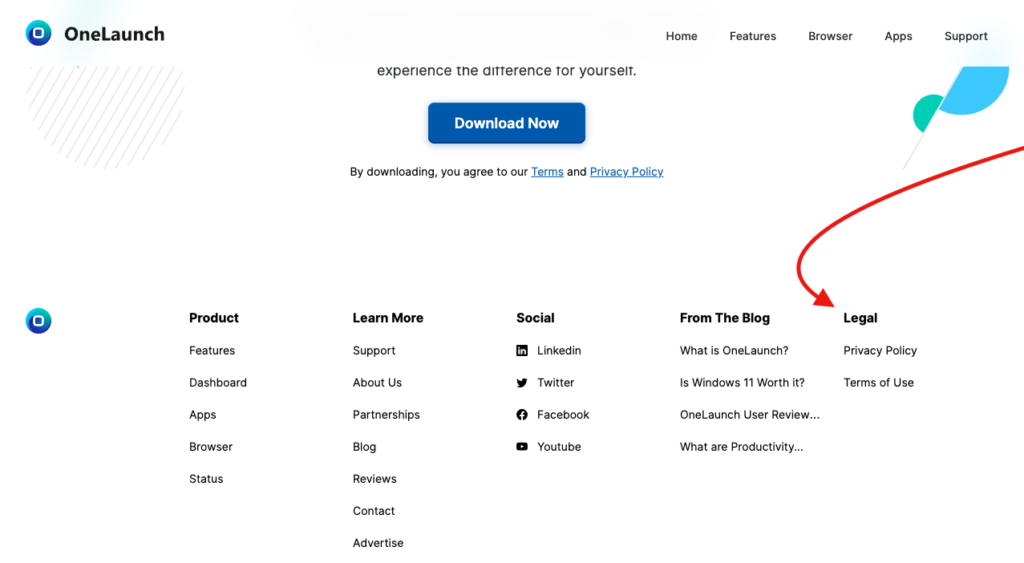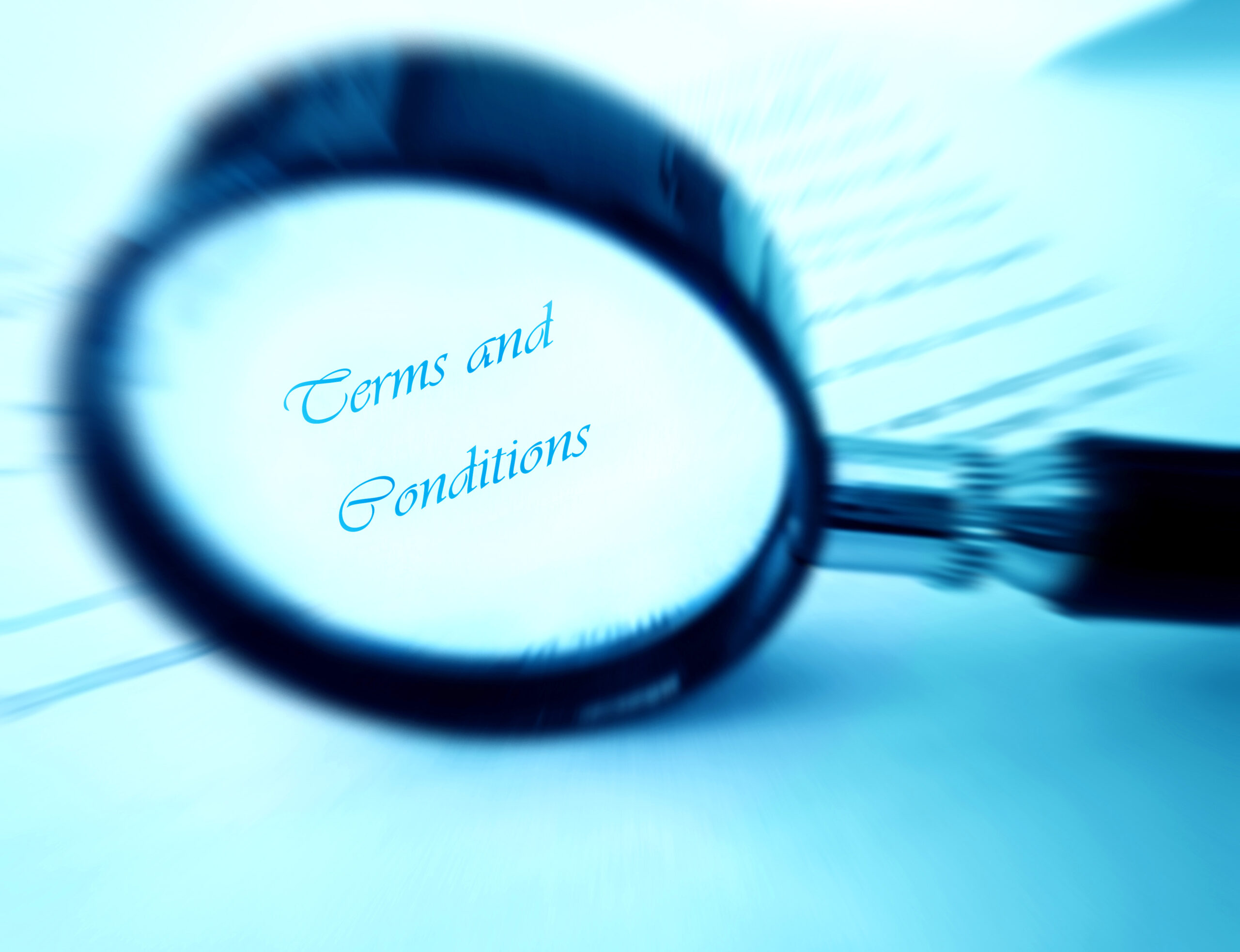What is a EULA?
An “end-user license agreement” (or EULA for short) may not be immediately recognizable to you, but there’s a good chance that you’ve agreed to one. In a Deloitte survey of 2,000 US consumers, it was found that 91% of people consent to these agreements without even reading it. The question is… what are they? Should you take the time to read them?
You wouldn’t be at fault for not taking the time to go through them. In fact, a PC Mag article by Jason Cohen looked at the terms and conditions of the 13 most popular apps and found that it would take 17 hours to read all of their EULAs.
So what is a EULA?
A lot of the apps, programs, and other pieces of software that we download or sign up to use online aren’t actually like physical property. You don’t own the piece of software, but rather a license to use it. They’re called end-user license agreements because you, the end-user, are making an agreement for how you use your license for that piece of software.
EULAs will generally have something that you have to agree to before you use them. This agreement is legally binding and, essentially, outlines the terms and conditions for you to use that piece of software. And so, a EULA is a legal document that, for example, will restrict you from copying an app and then selling it to other people.
But, of course, there’s a lot of other stuff packed into most EULAs that you should probably be aware of. Let’s outline some of the most common ones and why they matter.
What to Look for in Terms of Use
Privacy
A big thing that modern software will pack into their EULAs is that they’ll collect information about you, the user, and share it with third parties. This data is most commonly used for advertising purposes, as companies can make a lot of money selling the data of their users. If you aren’t comfortable with this type of “data brokerage,” consider skimming through a EULA before you agree to use a program.
It’s entirely possible that the EULA will have the option for you to “opt out” of third-party data sharing — some laws require it. The EULA may even detail how you can opt out. Consider doing this immediately if you’re concerned about your personal data being shared!
Use Of Your Content
Some free programs and services, such as social media, will include a clause that gives that company the right to use the content you post however they’d like. Companies may do this for a variety of reasons, such as using your posts to advertise the platform, or aggregating user data to improve the experience for users. However, it’s become a concern for some people about how content that’s officially created by you (such as photos, videos, posts, etc.) isn’t technically owned by you. Even the private messages that you send to other users could be visible to the parent company.
Consider scanning through the Your Rights or Terms of Service sections on free social media apps before posting too much personal information.
How do you find ToS and privacy policy statements? Almost all web developers tuck links in the very bottom of their website footers. OneLaunch places ours in the footer under a section called “Legal.”

How You Can Use The Software
Although you’re unlikely to run into issues with this, it’s good to be aware of how exactly you’re allowed to use a program. If, for example, you want to advertise your business through a piece of software, there may be a clause in its EULA that prevents you from doing this. The aforementioned copying and redistributing a program is also something that is not allowed in almost every EULA.
If you break the terms of use, your license to that program may be revoked. It’s even possible to get into legal trouble. Stay vigilant!
Terms of Service Summary tl;dr
Want to scan through an EULA quickly? Or get a quick summary of an app’s EULA? Consider checking out apps that summarize license agreements and highlight the important sections you may want to consider before using that program.
Terms of Service Didn’t Read
This website summarizes the EULAs of popular websites and grades them based on how well they respect their users’ privacy. Be aware of lower EULA grades before using a platform!
TL;DRLegal
EULAs are often very difficult to read by users who aren’t familiar with legal terminology and language. Fortunately, TL;DRLegal (tl;dr is an internet abbreviation for too long;didn’t read) offers simplified terms and conditions licenses in plain English that most people will understand. This is useful for understanding denser EULAs from lesser-known sources.
Why Terms of Use, Terms and Conditions and EULA Matter
Although EULAs can be annoying and easy to ignore, they are legally binding and have, in the past, raised concerns surrounding personal data. If you search the name of an app you’re thinking of using and “EULA,” you may be surprised to find a lot of discourse surrounding an app that you thought was harmless. Free apps, in particular, are infamous for having clauses in their license agreements that allow them to harvest data from you.
Review what you are and aren’t comfortable sharing with companies, and consider whether or not an app is really worth potentially compromising your privacy. Also, always be aware of the terms of use for an app. You don’t want to get into legal trouble by incorrectly using an app.
If you’re looking for an example of a simple license agreement, check out OneLaunch’s EULA! It’s a great example of an EULA that’s easy to read. Our EULA is structured like most EULAs and details the license for you to use our upgraded Windows experience. It also contains restrictions about redistributing our software to other people without our permission. That said, refer your friends to OneLaunch and invite them to try it themselves for free.










 Share On Twitter
Share On Twitter